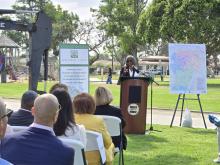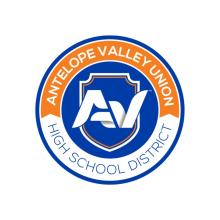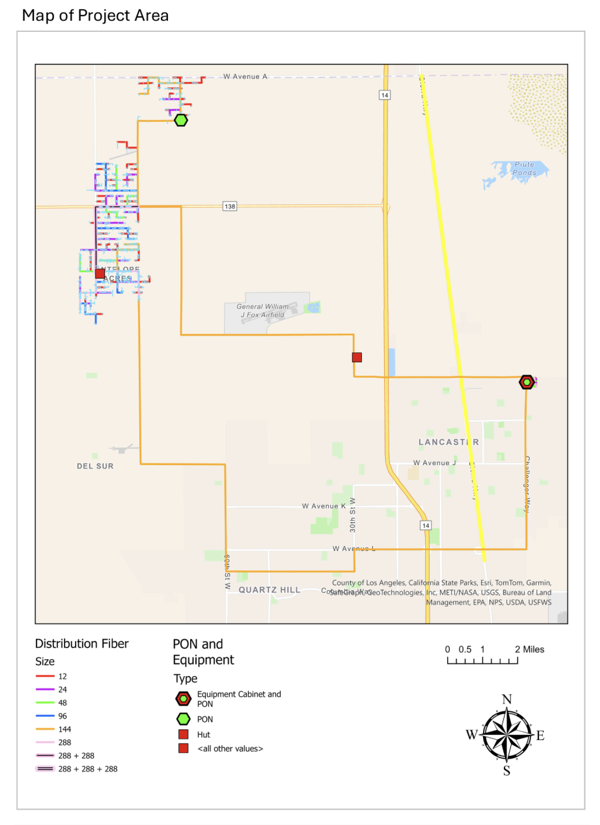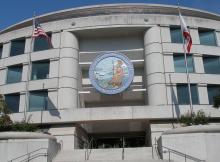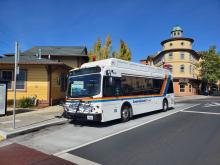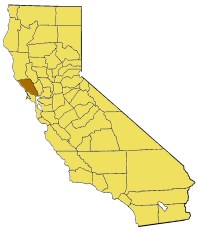Maryland Lawmakers Advance Broadband Affordability Bill Despite Federal Pushback
Despite a memo issued by the NTIA last summer that sought to discourage states from passing affordable broadband legislation similar to New York State’s Affordable Broadband Act, two dozen state lawmakers in Maryland have signed on to the Broadband Opportunity and Fairness Act, state legislation that seeks to address the single biggest barrier to Internet access anywhere: affordability.
HB-382, if passed, would require Internet Service Providers (ISPs) operating in Maryland to offer low-cost Internet service plans to eligible low-income households.
Introduced by Delegate Kris Fair (D-3A, Frederick Co.), the bill now has 25 co-sponsors and is slated for a Feb. 12 legislative hearing before the House Economic Matters Committee. Companion legislation has yet to be filed in the Senate, though Delegate Fair’s office says they are in discussions with state Senators about advancing a bill through that chamber as well.
Stepping Up and 'Doing Something'




